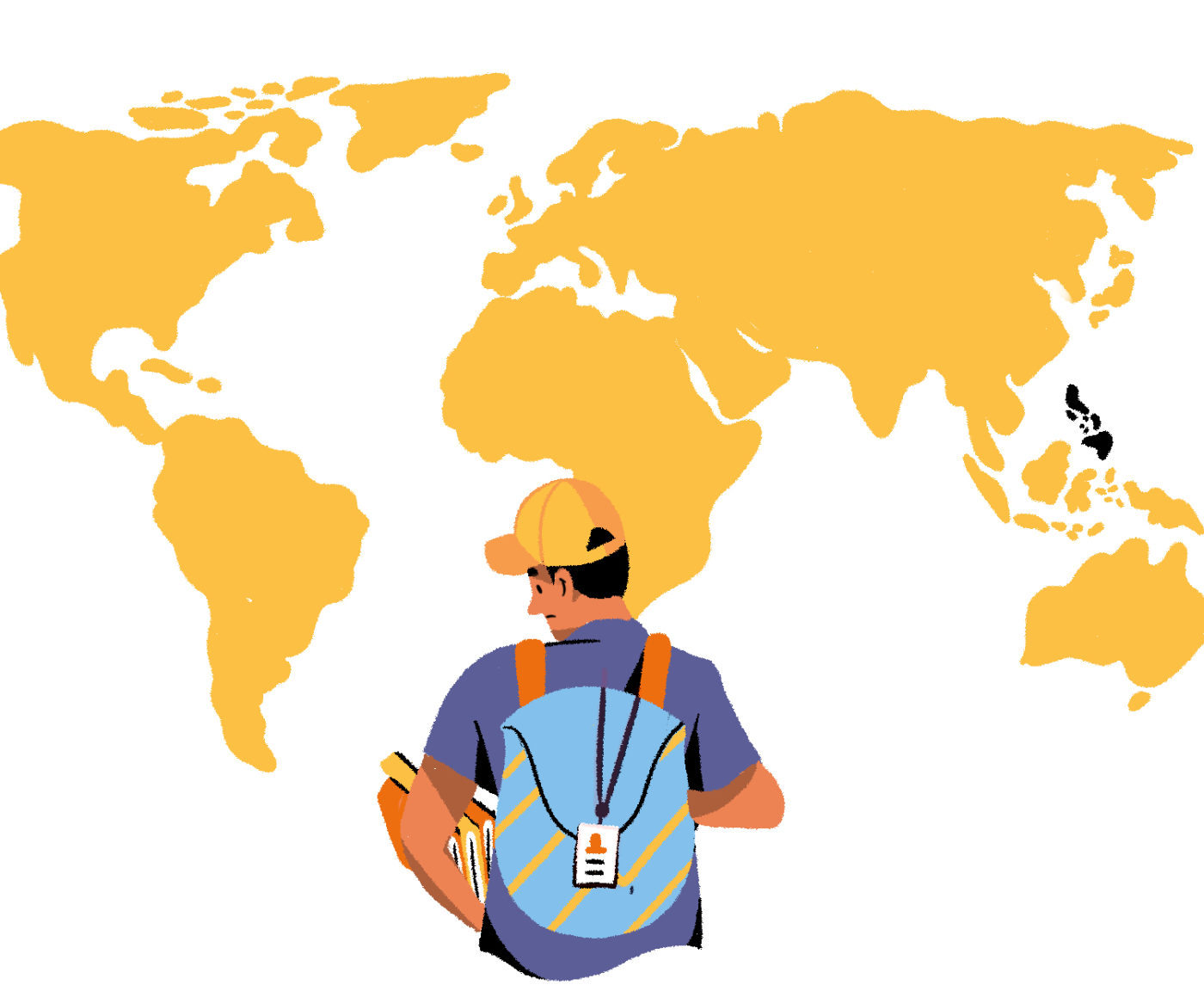THE ONLINE setup has taken a toll on the well-being of students and teachers alike, posing a threat to the quality of education as the pandemic wears on. In recognition of this issue, countries around the world have been working to reopen physical classes while keeping COVID-19 cases under control.
While nearly every country has undertaken full or partial reopening of campuses, the Philippines has retained its online setup for a second academic year. President Rodrigo Duterte approved the limited reopening of 120 schools on September 20, and the pilot run will begin on November 15.
In a webinar on September 8, UNICEF Philippines Chief of Education Isy Faingold emphasized, “We have to [resume face-to-face classes] gradually, on a voluntary basis, learning from the experiences [of] other countries but adapting [these] to the experience [of] the Philippines.”
To ensure the well-being of teaching and non-teaching personnel, UNICEF suggested taking precautions similar to those implemented in schools of Laos and Indonesia. In Laos, the Ministry of Education and Sports required all employees of general education institutions be fully vaccinated. A rapid vaccination rollout implementation in Indonesia’s capital, Jakarta, has also minimized cases in the city. Usual health protocols such as physical distancing and mask-wearing are observed nationwide.
Aside from health and vaccine-related interventions, Faingold also highlighted the importance of strategically reopening low-risk areas first. Vietnam, for instance, has turned to a phased approach by slowly transitioning older students from a hybrid (i.e. mix of online and face-to-face learning) to a full face-to-face setup, before moving onto the younger students. Class shifts and reduced learning hours were also enforced to minimize contact among students. Alternatively, Singapore has implemented the concept of classroom bubbles, which limit infection-related closures to specific classrooms instead of the whole school.
In contrast, the Philippines still remains unclear on what guidelines will be enforced upon the pilot run for physical classes. Department of Education (DepEd) Secretary Leonor Briones stated last September 20 that teaching personnel do not have to be vaccinated, only to be retracted by DepEd Planning Service Director Roger Masapol a few days later. DepEd also clarified that regular testing will not be implemented, deviating from the World Health Organization’s recommendation of early detection through upscaled testing.
As such, the same sense of urgency and attention to scientific studies must be evident as there is much at stake for the Filipino studentry. “Distance learning is not a replacement for in-person classes, and without urgent action, the learning crisis could turn into a learning catastrophe,” UNICEF Philippines emphasized.
Editor’s Note: The Inter-Agency Task Force for Emerging Infectious Diseases (IATF-EID) has since permitted the limited reopening of on-site classes for all college programs in localities under Alert Level 2.




